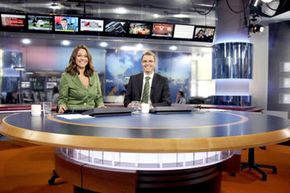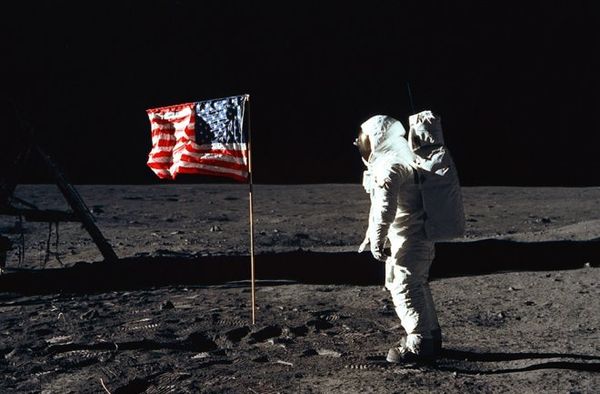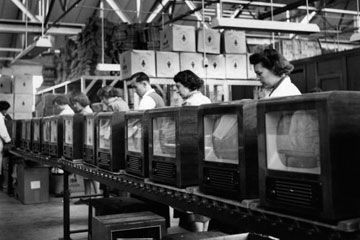In the beginning there was Cronkite. And it was good. The mighty Walter was "the most trusted man in America," and the CBS Evening News is how the nation got its daily dose of current events -- faster than waiting until tomorrow morning for the paper!
And then there was Ted Turner's Cable News Network, CNN, which flicked on its broadcasters in 1980. Suddenly, news producers needed to fill not only one half-hour time slot, but 48 of these time slots, every day. Is there really that much going on in the world?
Advertisement
The answer is a resounding no. At least not 24/7. And so, for the first time, CNN allowed viewers to tune in live to see if a schnauzer could be pulled from a truck stuck in floodwaters. Or, more precisely, it allowed viewers to watch O.J. Simpson speeding down a Los Angeles freeway in a white Ford Bronco. O.J. made the network, and a made network leads to imitators.
Fast forward to 2011: MSNBC, FOX News and the other 24-hour cable news stations now compete for viewers. But with these channels limited by the same world events over the same time period, how is a cable news station to elbow its way into the most households?
The answer, in part, is sensationalism. MSNBC, CNN and FOX News report the same news, but that doesn't mean they report the same stories. And while news is limited by the size of an event, a story is limited only by the size of cable news producers' imaginations. If ever the axiom "Go big or go home" applies, it's in the realm of cable news.
And so in this 24-hour news cycle, overblown stories reign supreme. The world of overblown news is a scary one, indeed. Every day the sky is falling, and then, miraculously, we wake up to find that it has not yet fallen -- but that today will surely be the day! But what happens when even more competitors get involved? Read on to find out.
Advertisement



